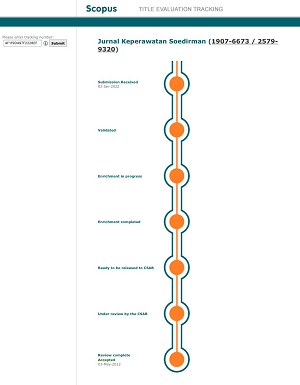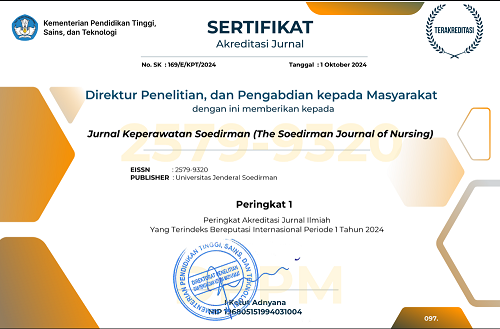Exploring Job Embeddedness and Its Impact on Nurse Retention through Self-Leadership: Evidence from Indonesia
Abstract
Background: The global healthcare sector faces significant challenges in retaining skilled nurses due to various reasons leading to high turnover. These issues affect both public and private healthcare systems. Addressing these is crucial to ensure quality patient care and sustainable healthcare services, especially as the demand for skilled healthcare workers grows globally. This study examines the impact of job embeddedness and self-leadership on retention and turnover intentions among skilled nurses. Methods: This cross-sectional study involves 138 skilled nurses who met the criteria and analyzed using Partial Least Squares Structural Equation Modeling (PLS-SEM). Results: Job embeddedness significantly enhances nurse self-leadership (β = 0.671, p < 0.001) and intention to stay (β = 0.658, p < 0.001), promoting commitment but negatively impacts turnover intention (β = -0.312, p = 0.004), suggesting its effectiveness in reducing turnover. Nurse self-leadership did not directly relate to the intention to stay. The moderating effect of length of service on the relationship between self-leadership and intention to stay underscores the importance of customized retention strategies. Conclusion: Job embeddedness is essential for retaining skilled nurses, and healthcare facilities should create a supportive environment that encourages connection and belonging. Retention strategies such as self-leadership training can enhance nurse commitment and reduce turnover. These findings offer valuable insights for effective nurse retention strategies in the competitive healthcare landscape.
Keywords: intention to stay; job embeddedness; nurse self-leadership; turnover intention






.png)




_3.png)

 Kampus keperawatan unsoed
Kampus keperawatan unsoed  Published By Jurusan Keperawatan FIKES UNSOED
Published By Jurusan Keperawatan FIKES UNSOED jks@unsoed.ac.id
jks@unsoed.ac.id

